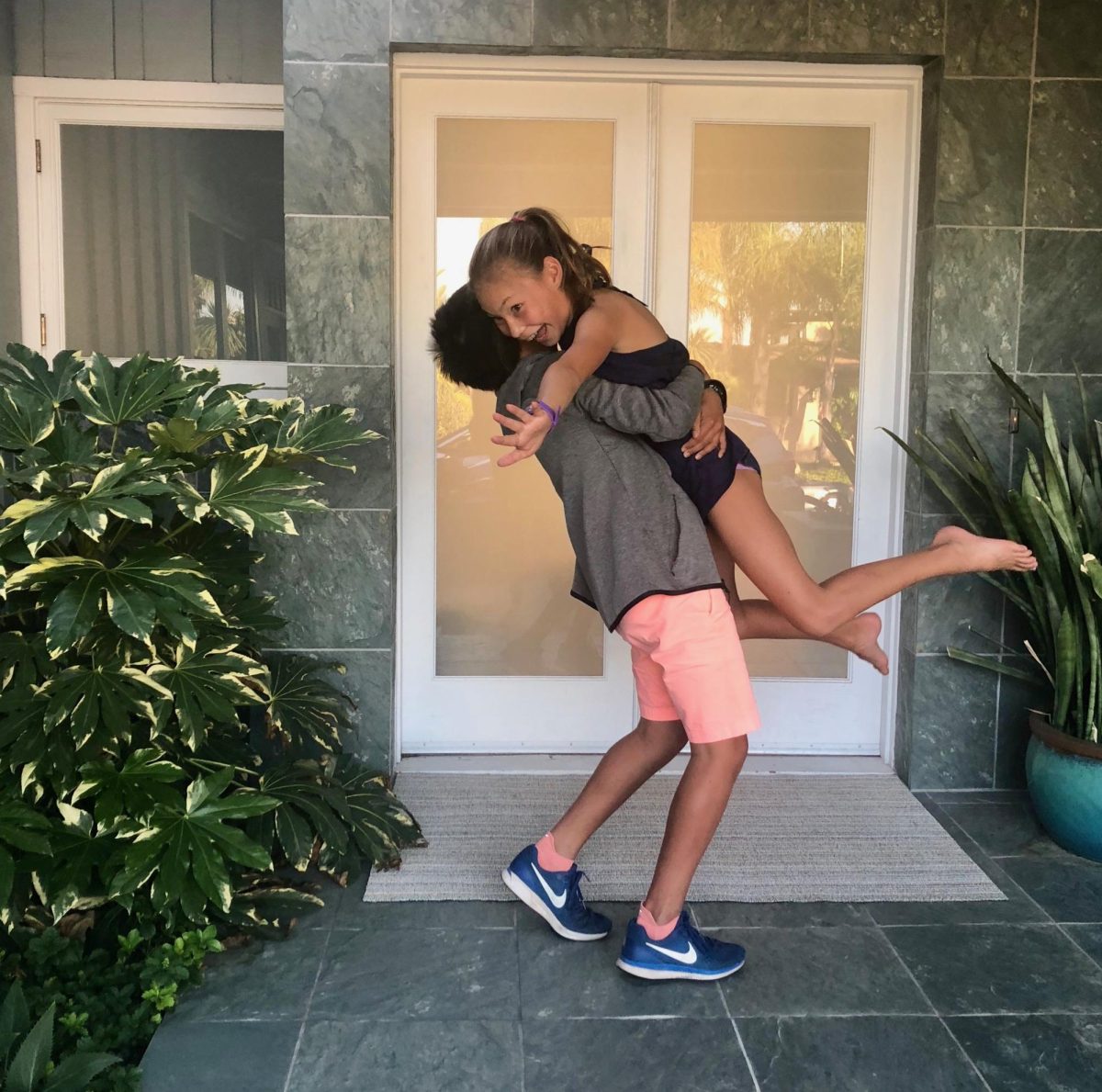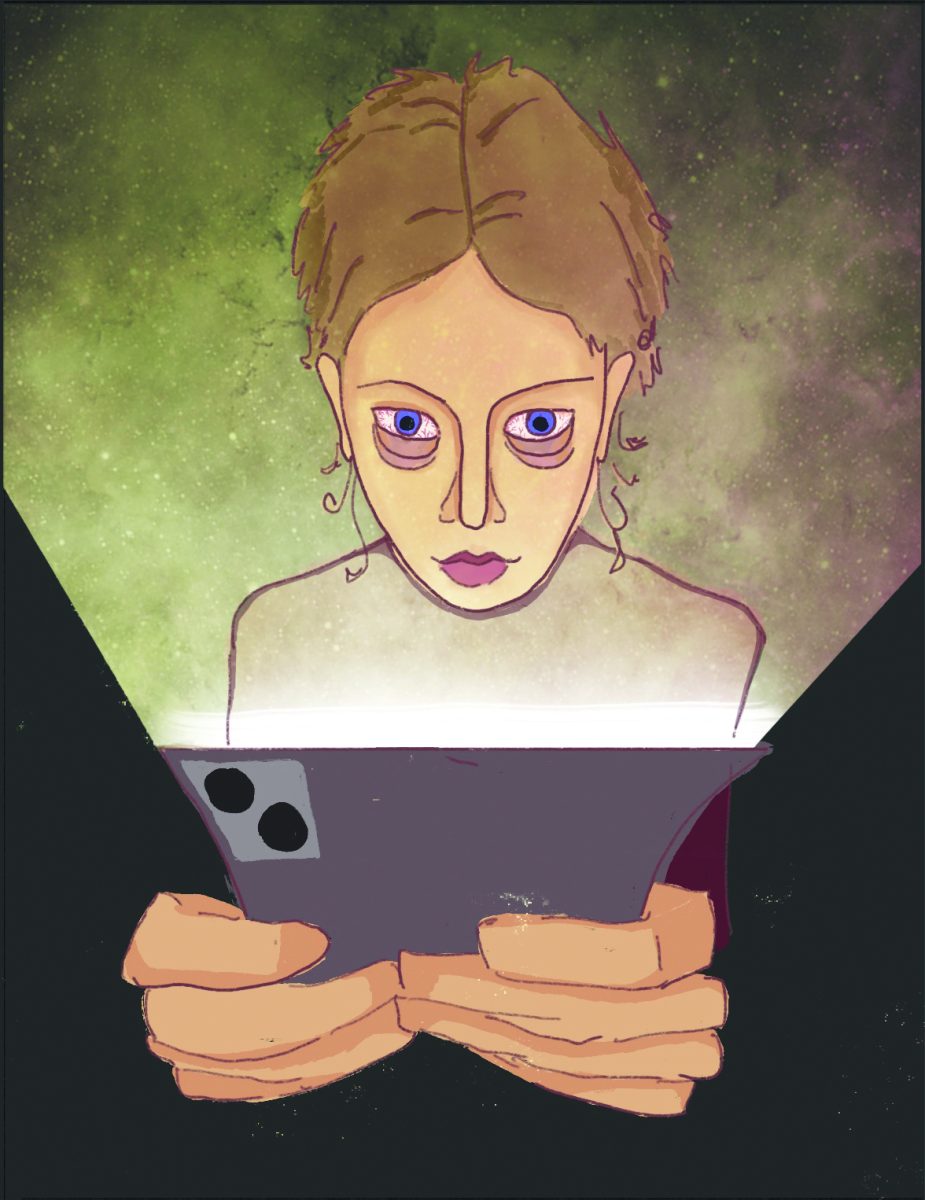Morgan ’15
Last month, on September 11, there was an undercurrent of confusion and irritation on campus over the fact that there was no memorial of the national tragedy that caused almost 3,000 deaths in 2001. Some students argue that we shouldn’t recognize 9/11, also sometimes called Patriot Day or The National Day of Service and Remembrance, because many students weren’t yet born when the attacks took place. I can see why people say this; many members of the Class of 2020 were born in 2002, and most current seniors were five when the attacks happened.
We still recognize other patriotic days such as Independence Day, for example, despite the fact that none of us was alive in 1776. So why shouldn’t we recognize 9/11 as a national holiday, or at least a school holiday? Because 9/11 is so personal for some, we should not observe it as a national holiday. Instead, we should recognize it with individual remembrance.
I remember learning about 9/11 at school. It was September 11, 2003, and I was the ripe old age of 6. I sat in a blue plastic-and-metal chair behind the fake-wood tables with our names written in cursive on bright, laminated construction paper. Our assistant teacher was holding up flashcards, desperately trying to teach a valuable lesson while not overloading us with “the truth of the matter,” attempting to make a “grown-up” matter interesting to little people. I remember not understanding what 9/11 meant, not understanding the gravity of what my teacher was talking about. I went home and pointed at what was roughly Illinois on a map and proudly told my daddy about the “two pairs of twin towers that crashed planes today.” He sternly admonished me; two pairs meant four, he said, unwilling to explain to me the actual details. I wouldn’t understand what 9/11, or Patriot Day, was until many years later.
Despite not fully understanding 9/11 until significantly later than many of my classmates, I still consider myself part of the generation that was part of the “War on Terror,” as President George W. Bush called it. The grief so many people had to go through leaves a sour taste in my mouth as I think about how fortunate I am. What happened on September 11, 2001 was horrific and should not be repeated, but let’s not glorify a traumatic and horrible memory for many people nor make the attackers feel like they accomplished a great feat.
The response to 9/11 was fraught and, in some cases, unacceptable. As many teachers can remember, racism and anti-Muslim sentiment ran rampant in the wake of the terrorist attacks. Observing 9/11 as a national holiday might allow for some resentment and racism to live on and continue into the next generation.
What about the other patriotic national holidays that aren’t recognized at school such as Veteran’s Day or Pearl Harbor Day? It’s important that people remember national tragedies; however, it should be up to individuals. I don’t think it’s right or respectful to force people to remember and recognize 9/11.
Pilar ’15
September 11 is by no means a national holiday, nor should it be, but that doesn’t mean it should go ignored at the community level. Memorials for the victims stand year-round, flags are often at half mast on the day itself, and politicians can always be counted on to at least give a speech, but in recent years Marlborough hasn’t done anything to publicly recognize the event. While most of the students here at Marlborough were too young to remember September 11, 2001 — and some were not yet born — I still believe that the school should publicly recognize the day and what it means not only for our country as a whole, but also for the Marlborough community.
Yes, everybody will have their own way of wanting to recognize the events of that day. Some will want to go out and serve their community; others may want to visit memorials, and some may want to continue their day and treat it as any other day. All of these are completely valid. However, I believe that as a community we need to publicly recognize 9/11 not for ourselves, but out of respect for the dead and those directly affected by the tragedy. This recognition brings awareness to the day and distinguishes it from just another day in September by calling attention to the impact the attacks had on American society and the ways those attacks continue to influence us. This commemoration becomes more and more important as our Marlborough population gets further removed from the event; some seniors barely remember the day, if at all, and most of the seventh grade class hadn’t been born yet. A public recognition of September 11 and the meaning of that day for American society can serve as a way not only for our community to give respect to those killed but also to promote a healthy dialogue around the events of 9/11. Such conversations will ensure that members of the Marlborough community not only will learn the facts about events of 9/11 and afterwards, but also will be able to appreciate how the events of the day may have impacted people they know.
I believe that, on the whole, simple memorials are more powerful than intricate ones. Therefore, I think that when Marlborough commemorates 9/11, it should not be a big deal. I think that the best way to do this would be to have a moment of silence, either designated during class time or during a break period; this wouldn’t interrupt the flow of a day and would be a simple way to remind people of the significance of each anniversary of 9/11. I also think that every few years Marlborough should do something similar to what it did for the tenth anniversary of 9/11 and have a faculty member give a presentation in an All-School Meeting, either talking about the historical facts or telling a personal story about their connection to the events of 9/11. This would help promote conversations around 9/11 and also give context to the ways the world we live in now are markedly different.





